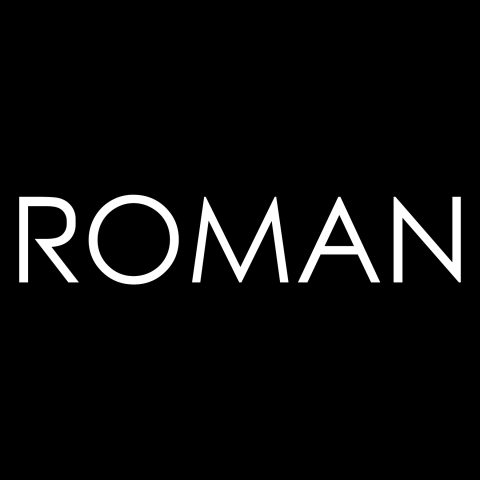Makeup has been a key part of human history as a means of aesthetic expression for thousands of years. From ancient civilizations to modern societies, people have painted their faces with colors and cosmetics for a variety of reasons throughout history. The significance of makeup often extends beyond its aesthetic value. When you want to highlight your features, whether for a party or just on a regular day, makeup is always the best option. Many people make assumptions about women based only on how they look. This is incorrect because everyone has a personal preference.
To understand makeup’s true purpose, we must first look into its past. When makeup was regarded for its spiritual, religious, and cultural importance in antiquity, it had a long history. Cosmetics were utilized in ancient cultures like the Greeks and Egyptians for ritualistic functions and to enhance their ideas of beauty. You can better grasp makeup’s purpose today if you are aware of its historical background.
Beauty Standards and Societal Expectations
You may have observed that sometimes people mistake a girl’s simplicity and lack of makeup for unattractiveness. Some of them might be trying hard to look gorgeous because they are under pressure. The societal standards of beauty are one of the key motivations for wearing makeup. Because of cultural norms, fashion trends, and media representations, beauty standards have evolved over time. Makeup has been employed to conform to these norms by highlighting facial features and hiding perceived flaws, aligning individuals with the prevailing conception of attractiveness.
Self-Expression and Creativity
Some people get so thrilled that they constantly try something new, which they enjoy doing. Makeup is an artistic medium that promotes creativity and self-expression rather than just serving as a tool for compliance. Through cosmetics, people can express their unique identities, feelings, and personalities. Because it allows users to express their creativity and originality via the use of striking colors, styles, and techniques, makeup is a powerful form of communication.
Psychology of makeup
There are several facets to the connection between psychology and makeup. According to research, one’s self-esteem, confidence, and general well-being can all be affected by cosmetics. It acts as a sort of self-care, empowering people by improving their perception of themselves. On the other side, an excessive reliance on makeup may signal challenges with body image and self-acceptance, highlighting the intricate relationship between makeup and psychological health.
Cultural and Ritualistic
Depending on the culture, makeup can have a variety of meanings and have ritualistic purposes. In everything from traditional ceremonies to theatrical performances, makeup plays a key role in expressing cultural narratives, signifying rites of passage, and safeguarding cultural heritage. The fundamental causes underpinning cosmetics rituals can be better understood by understanding these cultural peculiarities.
Gender Roles and Makeup
Makeup use has frequently been linked to gender norms and expectations. The traditional association of makeup with femininity has been questioned by current societal changes. Examining the relationship between gender identification and makeup might give important insights into the reasons why various genders use it.
Makeup and Empowerment
The makeup industry has undergone a paradigm shift in recent years that embraces the idea of empowerment. Many makeup companies and influencers advocate using makeup as an empowering tool rather than to comply. This section examines the trend of embracing one’s identity and asserting it through makeup.
Makeup in the Media and Advertising
This is a type of the media and advertising field where there is a great influence and importance of the face. This is important because the face is shown to the maximum of the people and making it more amazing for the viewers. In this industry it is always meant to look so good. There are so many shows and programs that are live for the audience in various ways. They also love to see amazing and beautiful faces.
Makeup and Social Norms
The use of cosmetics is greatly influenced by social standards. Different societies and cultures may have varying perspectives on makeup, ranging from complete approval to outright prohibition. We can discover the underlying motivations behind makeup use in particular circumstances by examining the interaction between makeup and social norms.
Makeup is a multifaceted phenomenon that defies simplistic explanations. While beauty standards and societal expectations have historically influenced its use, makeup is far more than a mere tool for conformity. It serves as a powerful means of self-expression, creativity, and empowerment. The motivations behind makeup intertwine with cultural, psychological, and social dimensions, shaping how individuals perceive themselves and others.
As we continue to evolve as a society, makeup will undoubtedly undergo further transformations. Understanding its true essence helps us embrace the diversity of human expression and appreciate the artistry and complexity that lie behind every brush stroke and makeup palette. Visit Strawberrynet for amazing makeup products that are so good for the skin.

